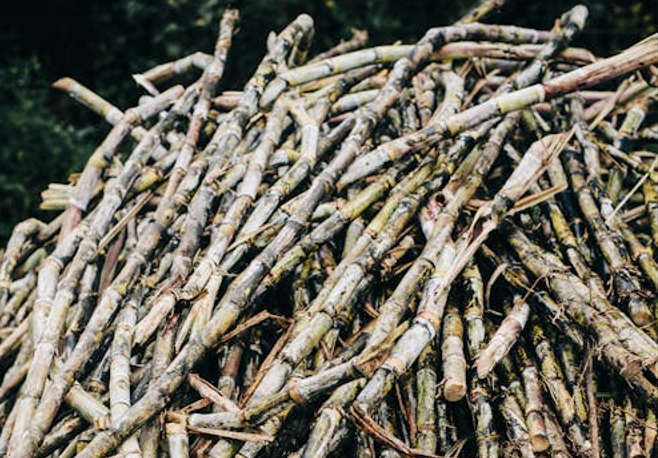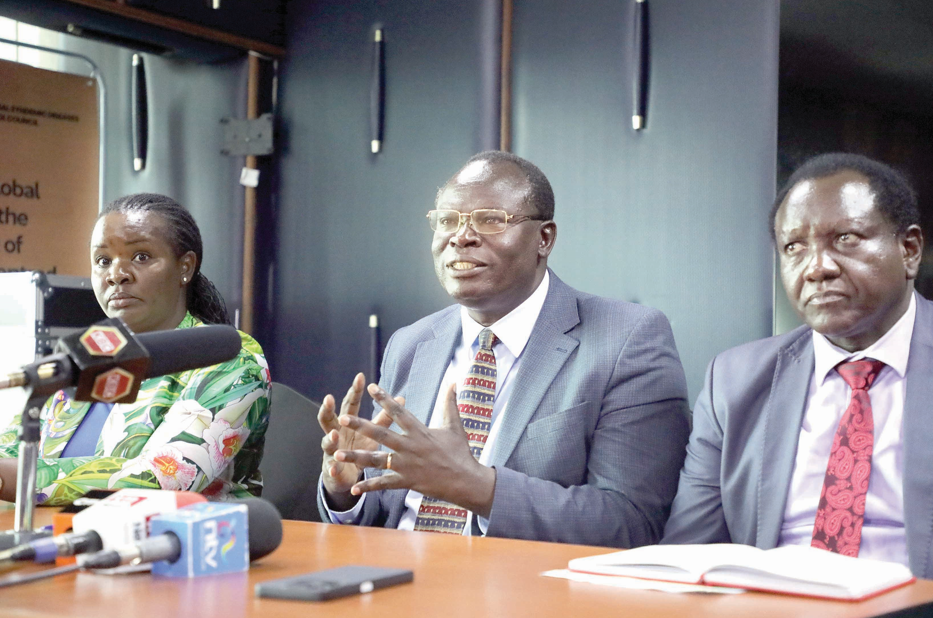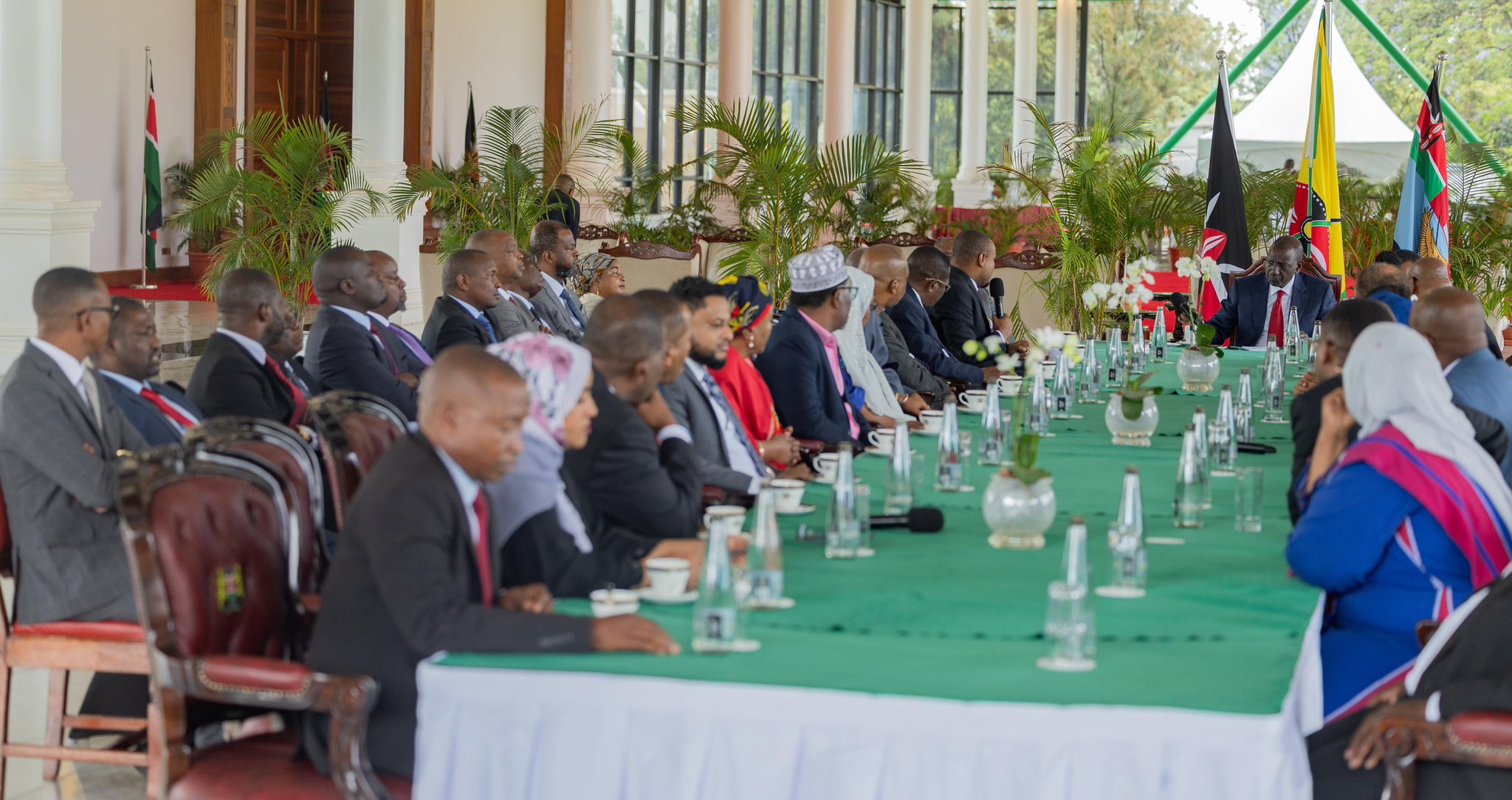The government has asked Kenya Breweries Limited (KBL) to prioritise the purchase of sugar from local millers to help stimulate the local economy, reduce reliance on imports, and support the growth of the ailing sugar industry.
Industry PS Juma Mukhwana expressed concern over the brewer’s continued importation of industrial sugar, despite the availability of local brown sugar that can be processed into industrial-grade sugar.
This local sugar, according to the PS, can be processed into industrial sugar to meet the industrial needs of KBL. He told KBL to justify its decision to import sugar and to consider shifting to local sourcing.
While KBL acknowledges the government’s concern, it has equally expressed worry over the quality and consistency of locally produced sugar. The company argues that the current local supply does not meet the stringent quality standards required for its large-scale production processes.
According to Managing Director Mark Ocitti, while they are committed to supporting local suppliers, the inconsistency and quality issues with locally produced sugar make it difficult for the company to rely on domestic sources to meet its high production demands.
“We don’t have local capacity in the country at the moment to make industrial sugar,’’ he told the Business Hub in an interview via WhatsApp.
Ocitti asserted: “It is a current opportunity for potential industrialists and we encourage the state to help attract investments. We use a lot of industrial sugar.’’
The company is concerned that these challenges could disrupt its manufacturing process, impacting its ability to deliver products to the market efficiently.
Mukhwana emphasised the importance of “buying Kenya and building Kenya,” encouraging companies to invest in the local economy and support domestic industries, including the sugar sector, which has struggled in recent years due to various challenges like inefficiencies, price volatility, and inadequate production.
In a meeting early this week with the Kenya Sugar Millers and its Association, in his office in Nairobi, Mukhwana urged local millers to improve their production capabilities and meet the necessary standards so that companies like KBL could source sugar domestically without compromising on quality or supply reliability.
Local production
He stressed that for the country to reduce its dependency on imported sugar and achieve food security, it is imperative that local industries, particularly those in the agriculture and manufacturing sectors, collaborate to enhance local production and competitiveness.
The discussions between the Ministry of Trade and Investment and the millers are part of a broader effort to strengthen Kenya’s industrial base, create jobs, and reduce foreign exchange expenditures on imports. But even as they focus on this end, the challenge remains in balancing the interests of large-scale manufacturers like KBL, who require a steady and predictable supply of high-quality inputs, with the need for local producers to improve their capacity and output to meet these growing demands.
Currently, according to a response to the PS seen by the Business Hub, KBL currently sources 80 per cent of raw materials from such as sorghum, barley, ethanol and packaging materials from local sources.
“We intend to increase local sourcing of raw material to 100 per cent. Our commitment to supporting local industries and promoting sustainability in our sourcing practices led us to evaluate the use of locally produced brown sugar in our production processes in 2023,’’ said KBL Group Corporate Relations Director Eric Kiniti.
But KBL analysis indicates that key parameters such as colour, ash content, iron levels, and insoluble matter, do not consistently meet industry standards for beverage manufacture. Ocitti said it is this that the company feels may affect the quality of products and KBL’s brand reputation.
KBL proposed a three-year road map to address the issue by constituting a technical working group fusing the local sugar millers, State officials and itself to iron out the teething quality issues.
The group will come up with the investment required for the local sugar millers to convert brown sugar into refined white sugar.

















